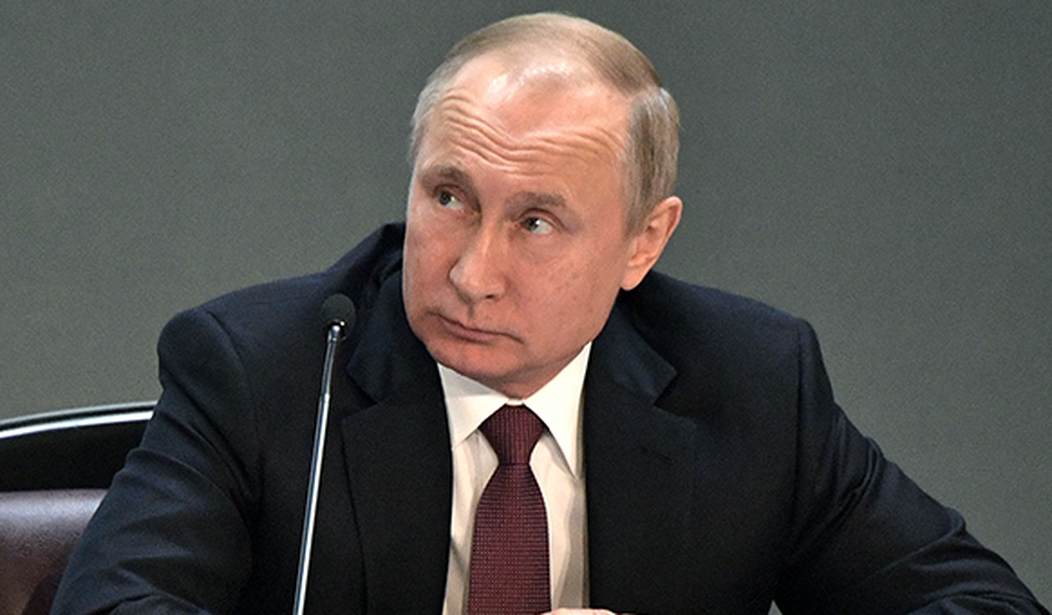Russia’s popular vote on proposed constitutional amendments resulted in overwhelming support, but the characteristics of the voting procedure remain unclear. With all of Russia’s major legislative and judicial bodies having already predicated approval, critics contend that the nationwide affirmation amounts to little more than a democratic façade.
Russian President Vladimir Putin expressed gratitude for the people’s support.
“I have said many times that it was necessary to adopt amendments to Russia’s basic law, the Constitution. Here we have the improvement of the political system as well as social guarantees, strengthening of the sovereignty, territorial integrity and, finally, our spiritual, historical and moral values that link our generations,” he said.
Voter turnout reached 68 percent, according to official data, with 77.92 percent of voters endorsing the proposed amendments. The Guardian reports that just over half of people in the Nenet autonomous region opposed the amendments, rendering Nenets the only one of Russia’s 85 political divisions to do so.
Nevertheless, Putin’s spokesman called the vote “a triumphal referendum on confidence in President Putin.”
Arkady Lyubarev, an analyst at Golos, Russia's independent election watchdog, writes that “Russian law guarantees quite extensive rights to citizens participating in a referendum, and the public is now being denied those rights.”
Instead, Russian officials are calling the decision a “nationwide vote,” a term that has no constitutional definition.
The Kremlin’s abuses of the constitutional procedure for introducing amendments via popular vote include presenting a fixed package of changes, precluding opportunity for citizens to indicate support or opposition to individual clauses.
Recommended
A preliminary report by Golos found 682 instances of violations during the early voting period, but the Kremlin denied the allegations.
Moscow and the Nizhny Novgorod region achieved permissions allowing residents to vote electronically, using the same system a French cryptographer hacked within 20 minutes during Moscow’s 2019 municipal elections.
Contributors at Meduza experimented with the blockchain-based system and found that voters or third parties could potentially decrypt their own votes. Meduza noted that, while the technology could allow individuals to verify the accuracy of official election results, third parties, from companies to municipal leaders, could also exploit it to coerce voter participation.
“It’s hard to believe that Moscow will conduct e-voting in a way that all voters could trust its results,” Vasily Vaisenberg, an expert at the Golos vote-monitoring NGO, told Kommersant.
A reward scheme has to attract voters already been employed.
Moscow’s Department of Information Technology reportedly tracked the number of government employees who registered to vote in the July 1 pseudo-referendum. E-voting results showed 62.33 percent of voters in Moscow supported the amendments.
Among the proposed amendments, many of which are centered around political and social conservatism, is a provision abolishing presidential term limits. When asked about his plans for 2024 in an interview sponsored by the Kremlin, Putin said he had no answer but would allow the people to decide his future.
Elites may have concerns, he said, but “the matter of principle is the attitude of the vast majority of citizens. It is a matter of trust, of course.”
Some have accused Putin, who is currently serving his fourth presidential term despite a two-term limit in the Russian constitution, of attempting to appropriate absolute power.
“I’m not a Tsar,” he said. “A Tsar just sits there…I do not reign. I work all day.”

























Join the conversation as a VIP Member